Once I found myself wandering through the streets of Karaköy in the heart of Istanbul. As I turned a quiet corner, an old print shop caught my eye. It didn’t look like a shop at all. More like someone’s home — full of personal touches, a little messy in the best way. I hesitated at the door, unsure if I was even allowed to step in. A man inside noticed me, he smiled and waved me in. A minute later, he was pouring me a glass of tea.
“My father,” he said, showing me a framed photo. His voice was proud and soft. That’s how Selçuk Çoksayar began his story.
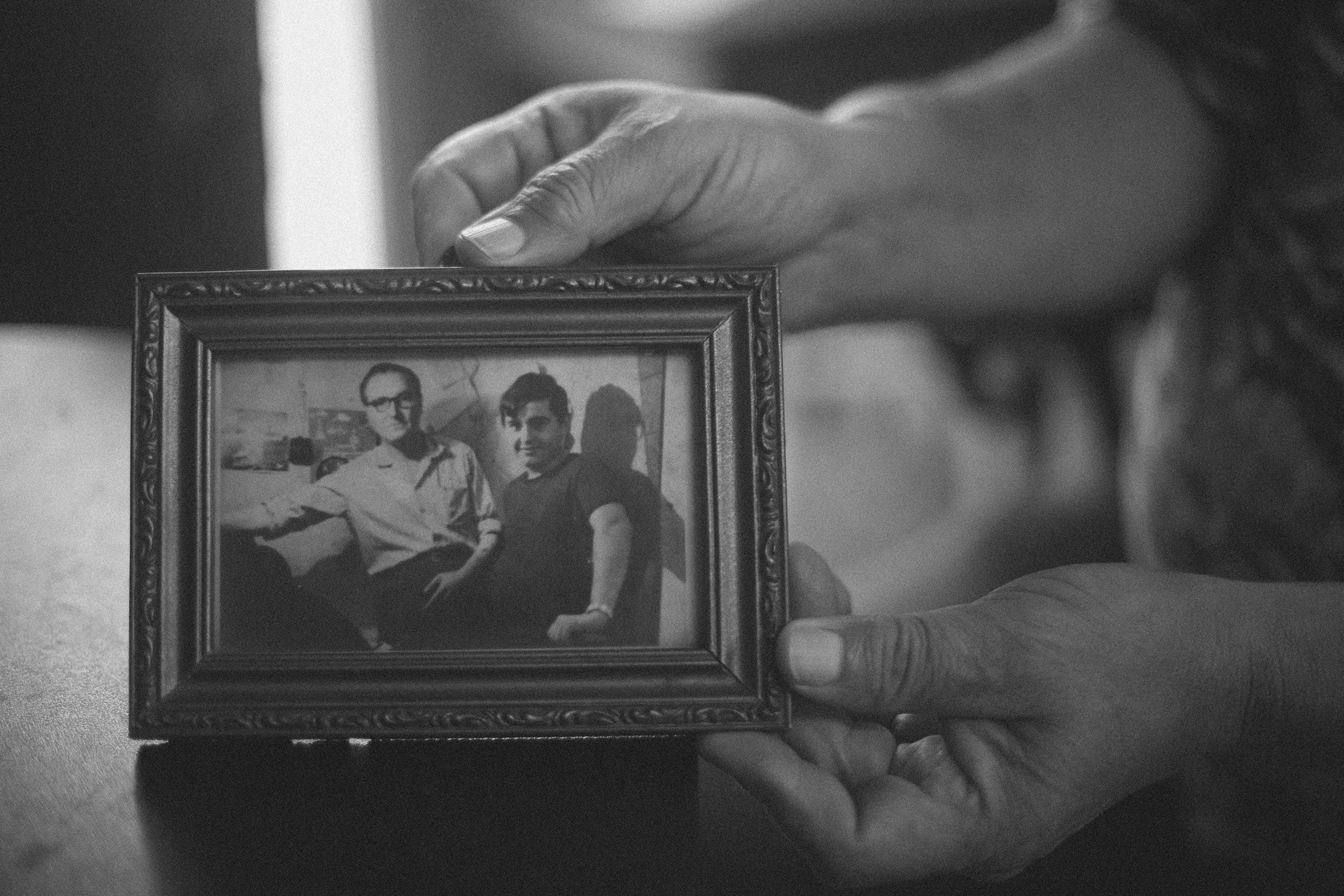
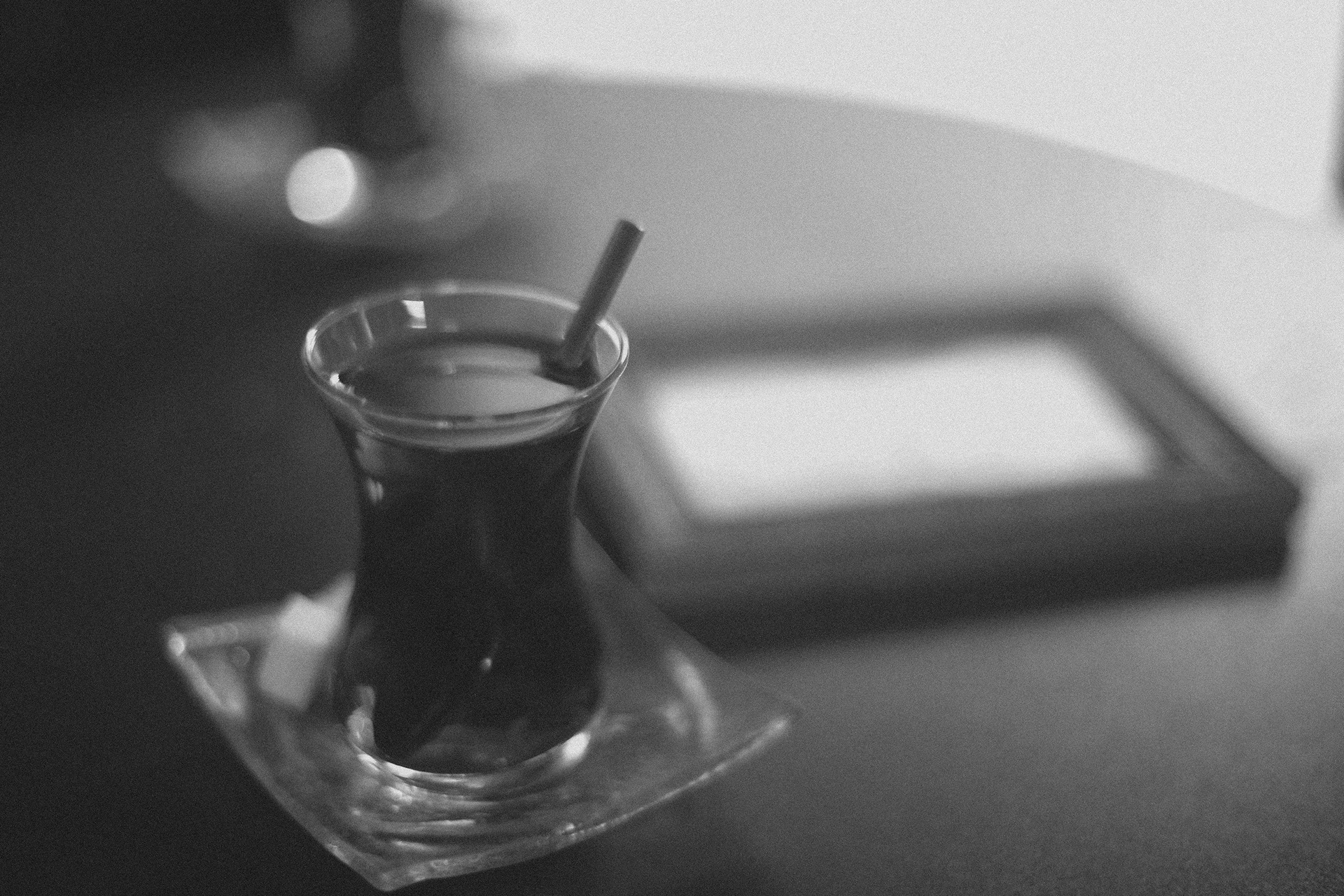
The shop began its journey in 1952, when Selçuk’s father, Selahattin Çoksayar, opened it with a partner under the name "Özendik". In 1963, Selahattin chose to walk his own path, moved the shop to Karaköy, and renamed it "Özendim". Selçuk has kept the presses running ever since, nearly 60 years now, through the many faces of Karaköy.
Once, this neighborhood was full of craftsmen, printers, tailors, barbers — people who lived and worked side by side. Life was simple and honest. But over time, the city changed. Urban renewal swept through Karaköy. Old shops were closed or bought out. With Galataport and growing development, the neighborhood began to chase a different dream. Selçuk says many like him were asked to leave — told their buildings were too old, their businesses too small. One by one, the old faces disappeared.
As Selçuk shared his story, his voice carried a quiet nostalgia. You could feel how deeply he cared — not just for the shop, but for what it stood for. The memory of his father was in every corner, in every drawer full of old tools. He spoke softly about the future, unsure how long this little world would last. The shop was more than machines — it was a treasure left behind by his father, and he feared it might soon fade away with the changing face of Karaköy.
At one point, he fell silent. Then, gently, he said, “Let me show you how it all works.”
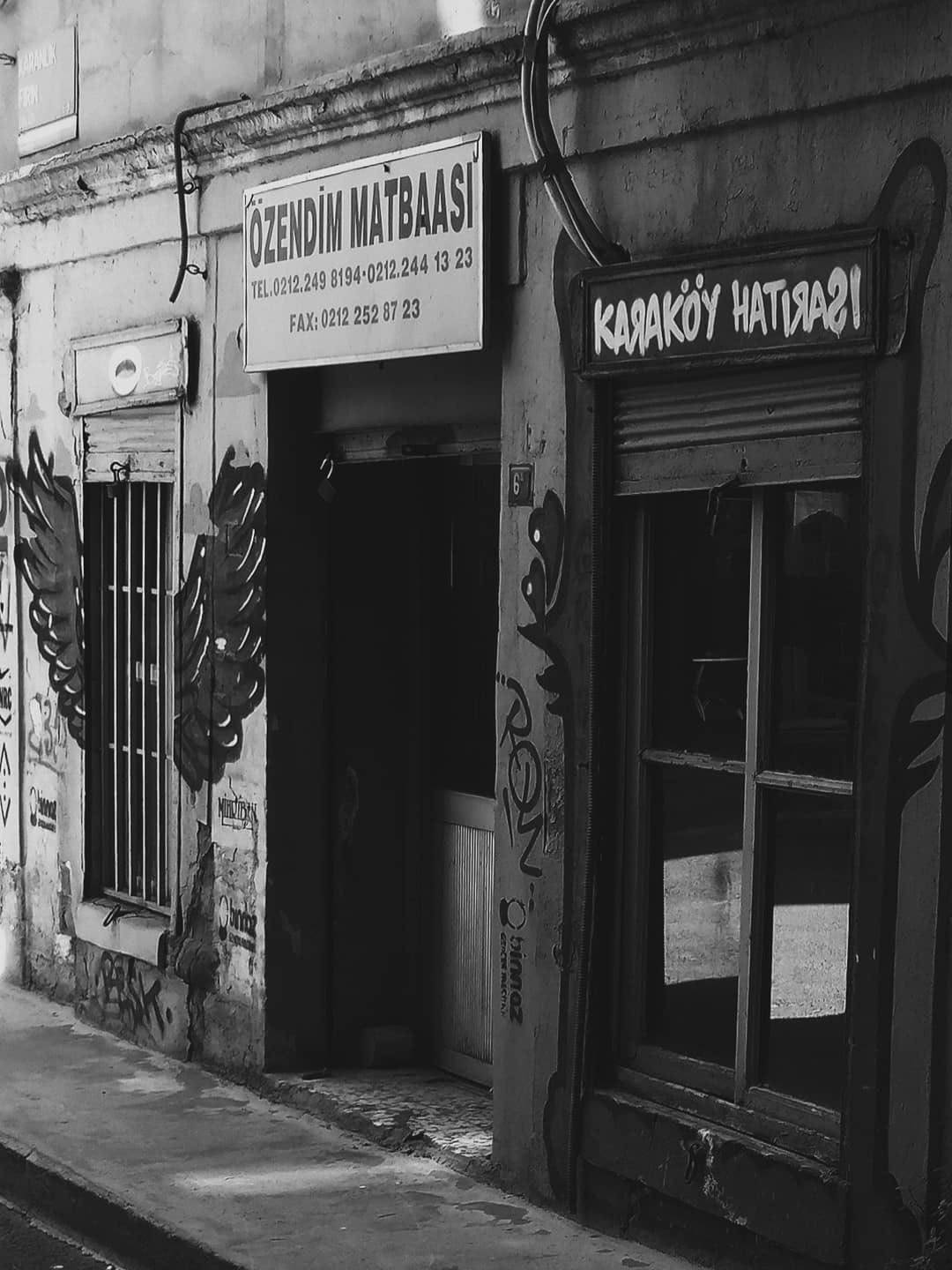
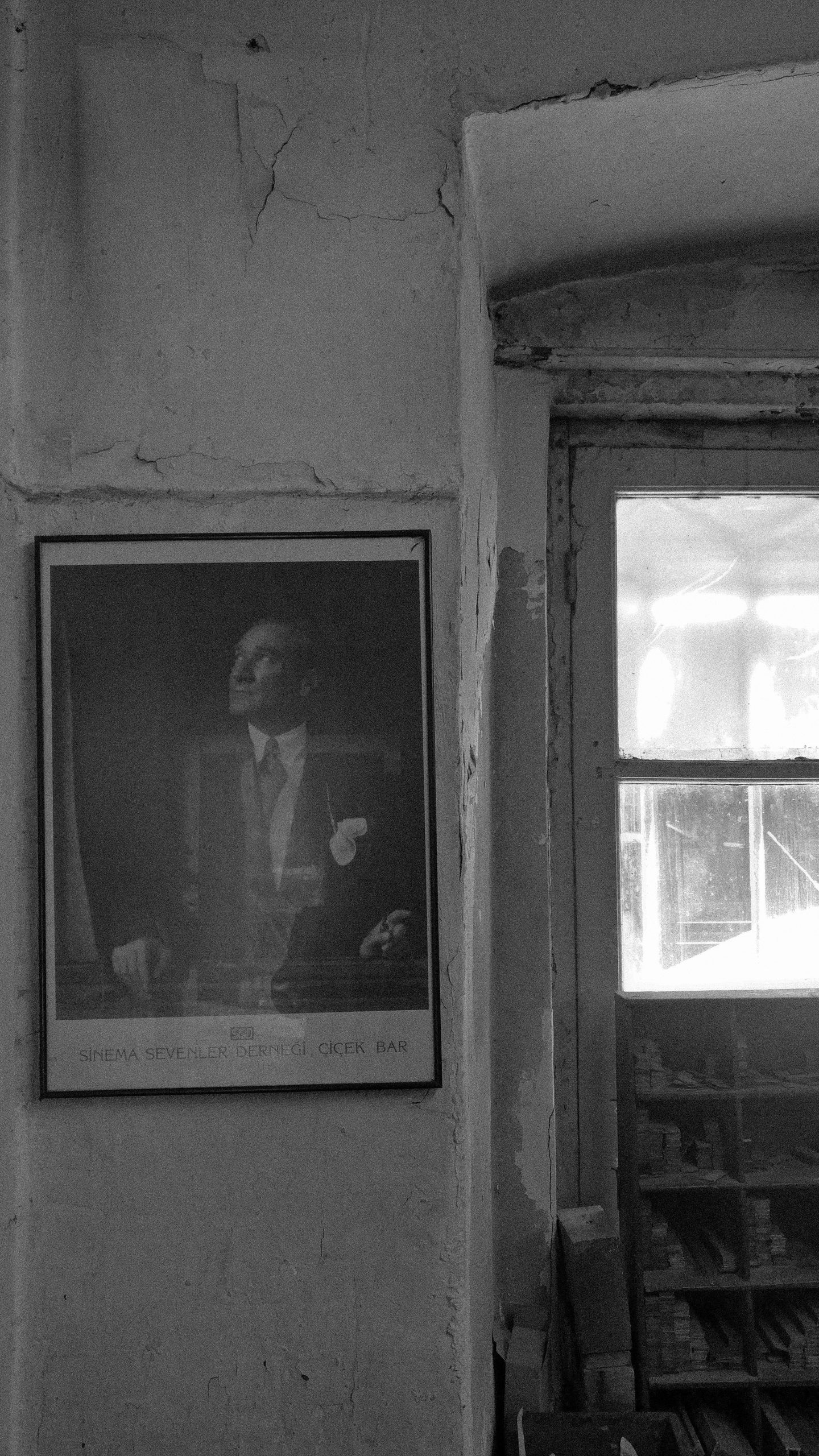
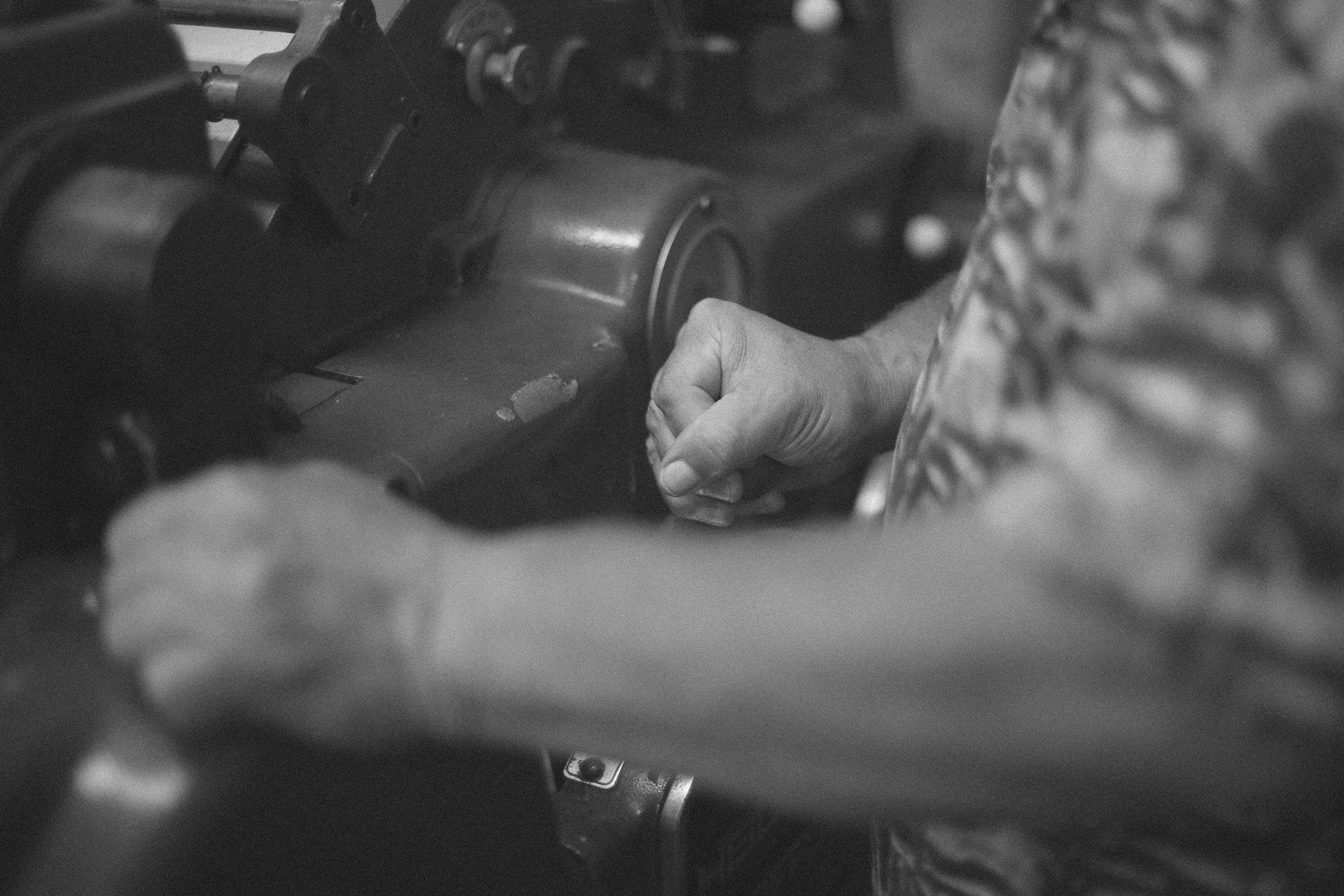
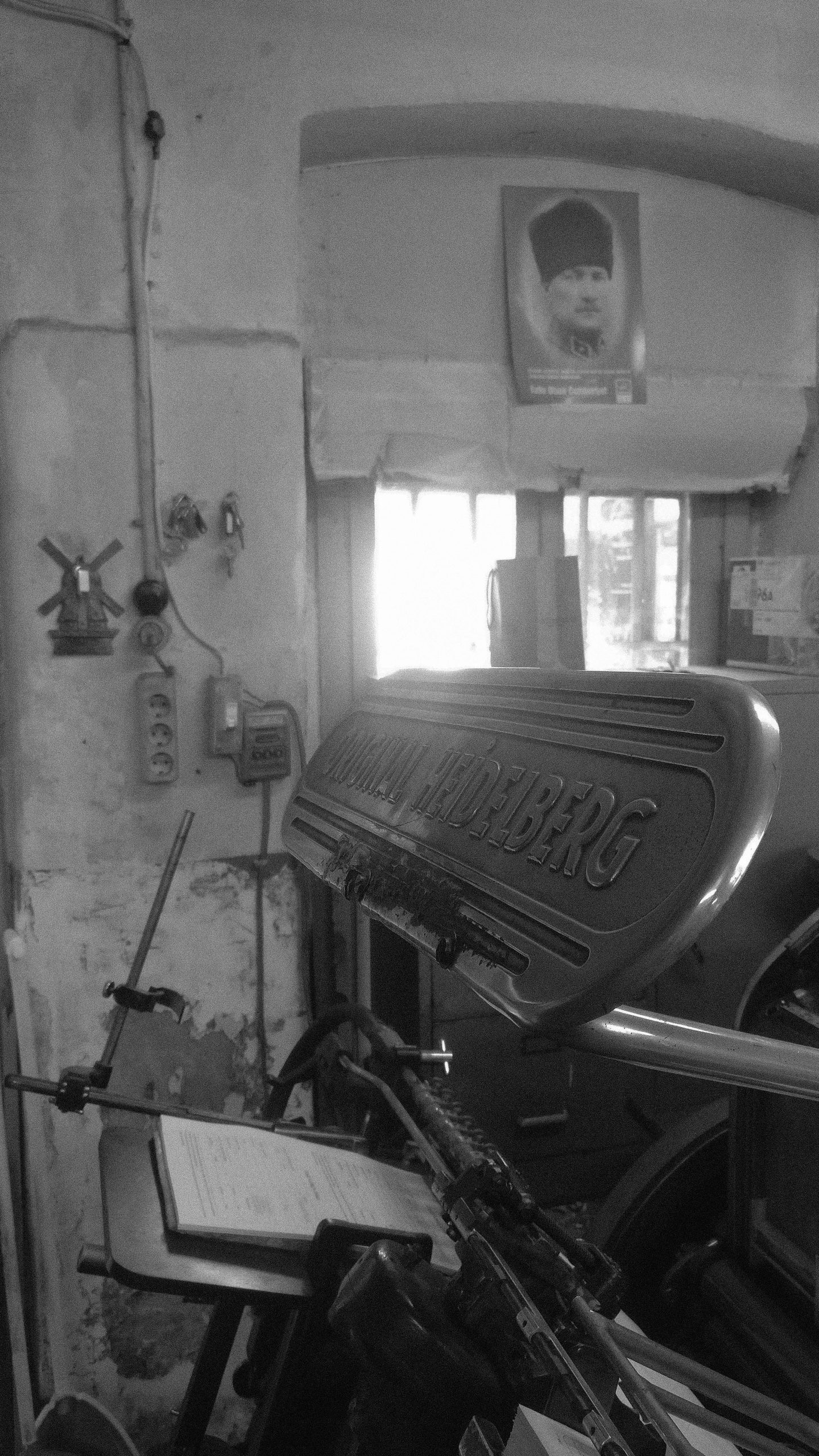
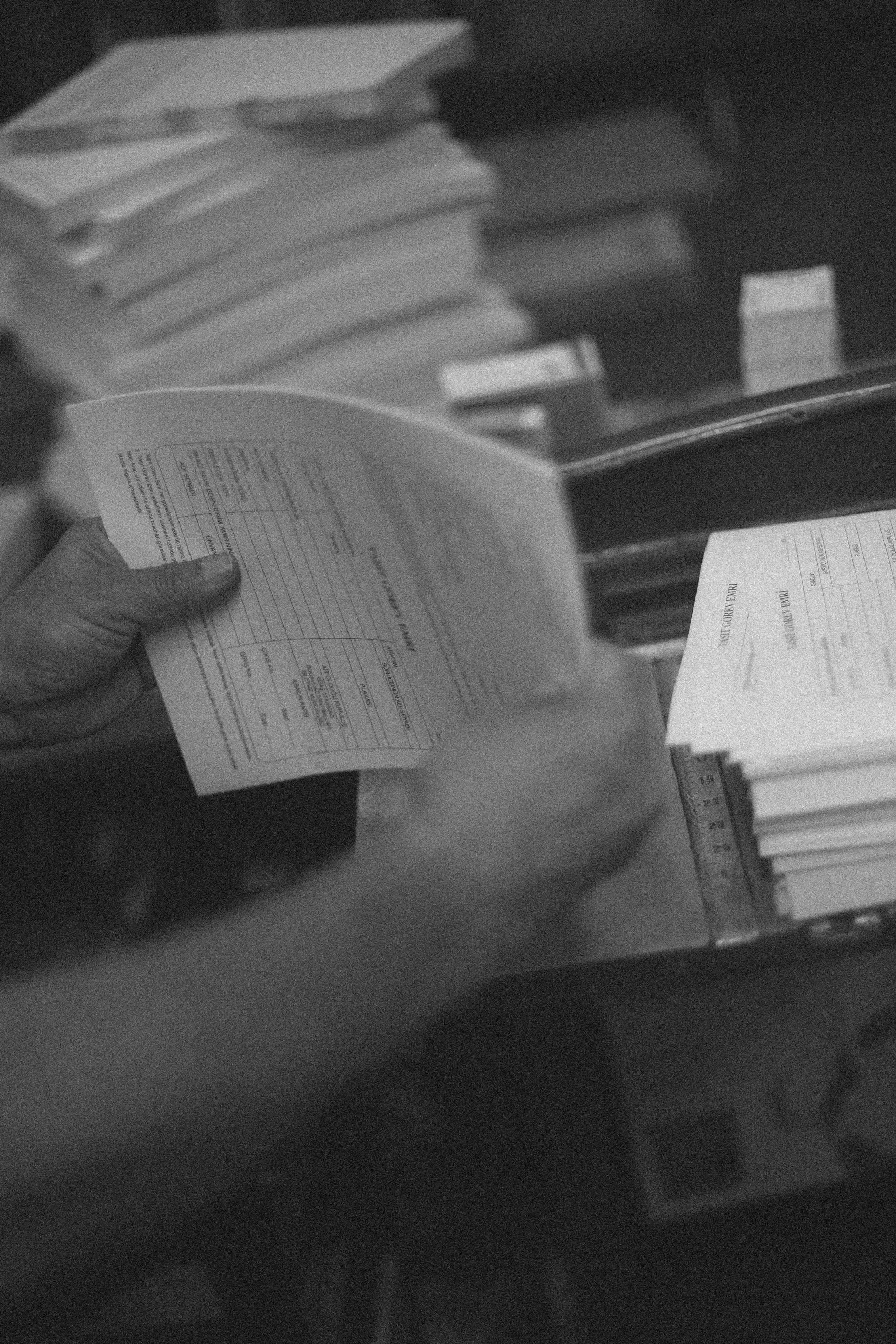
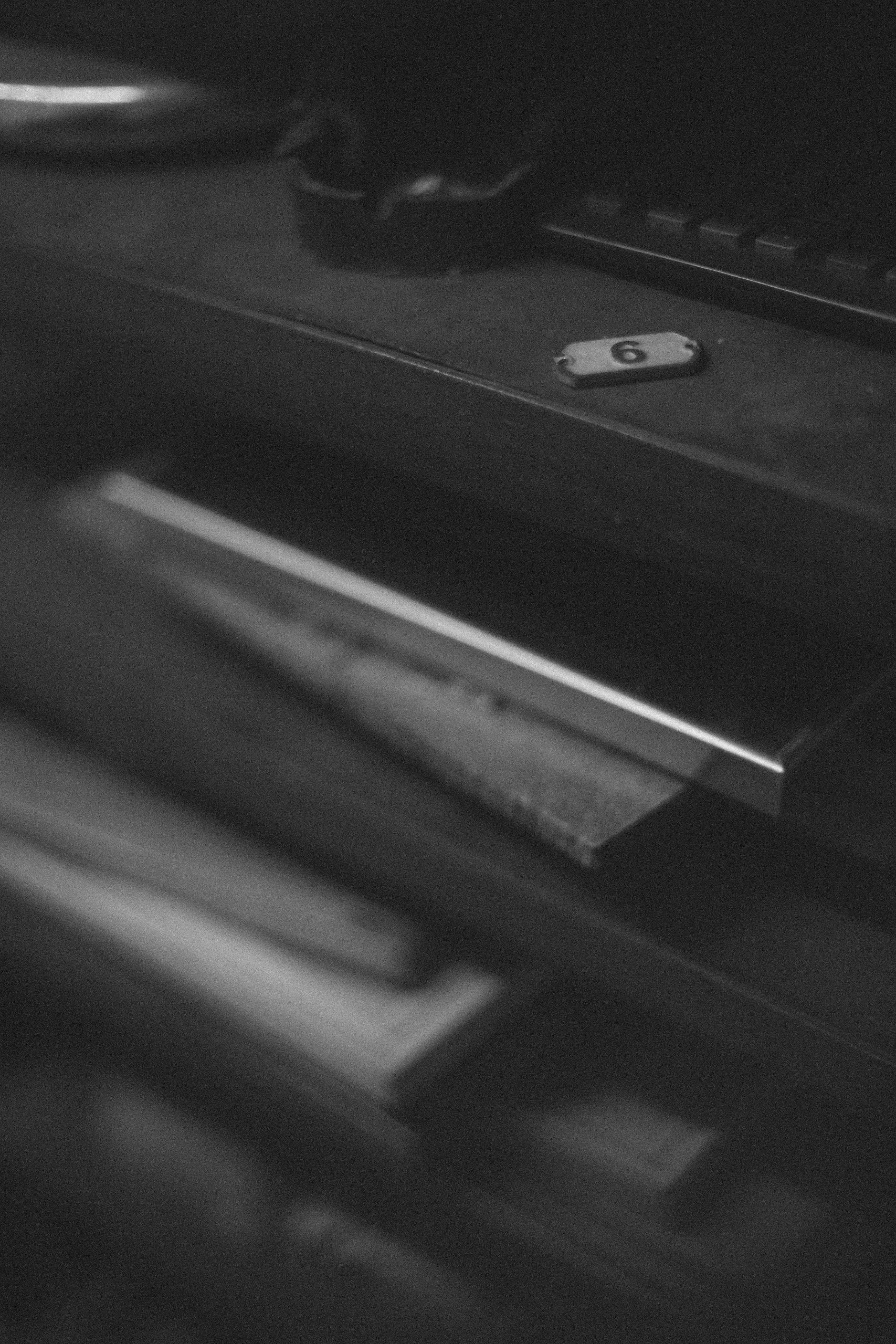
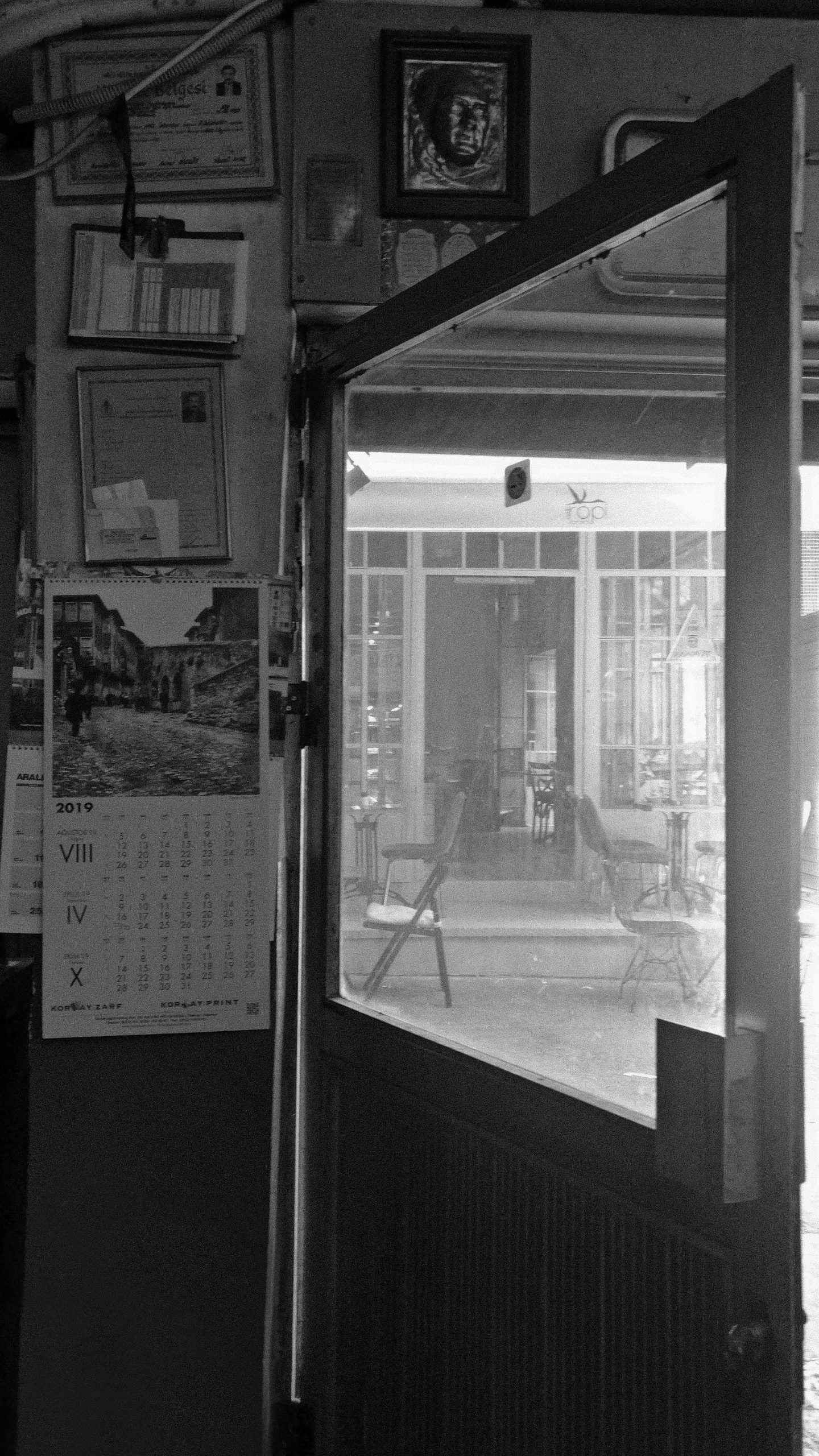
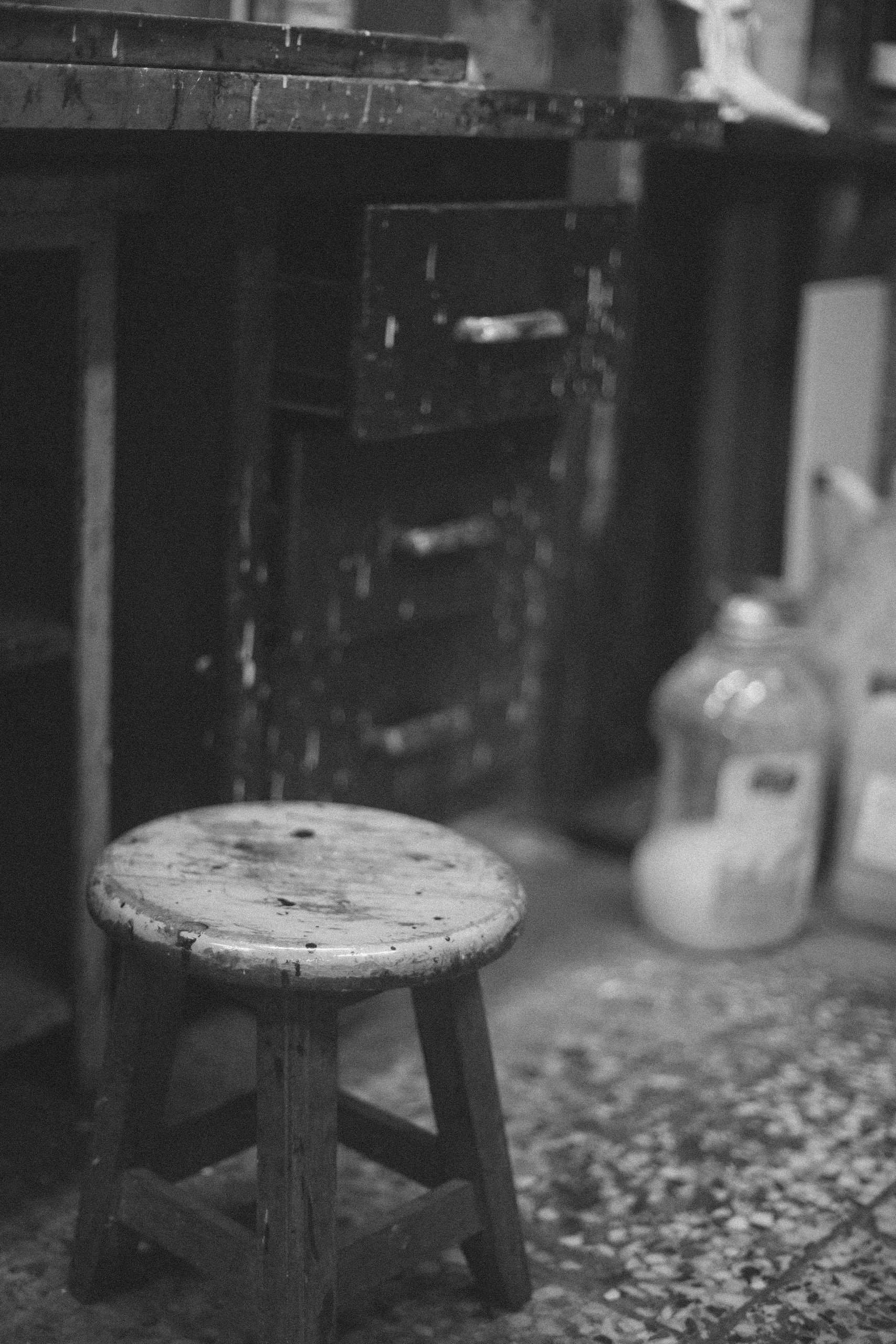
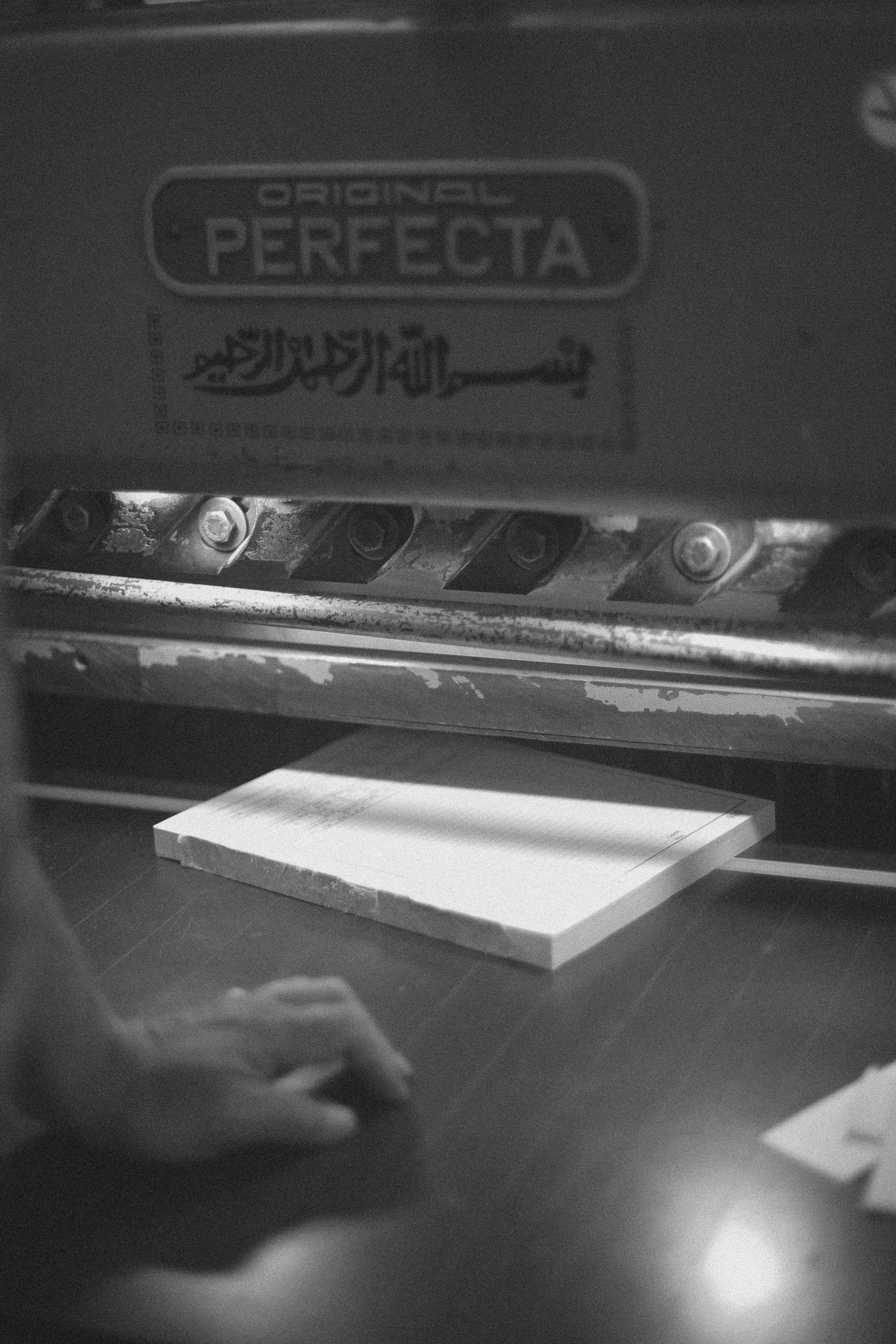
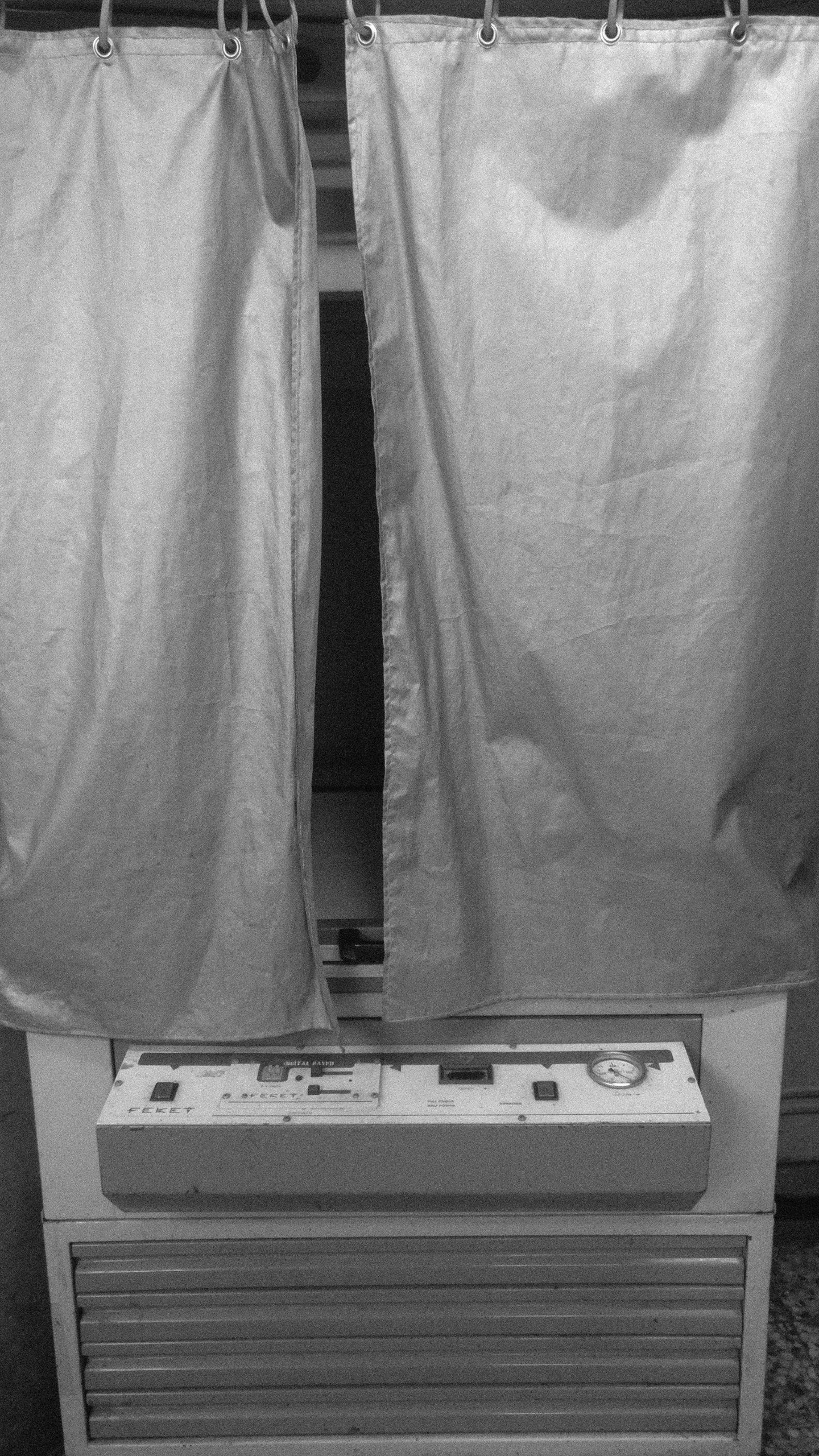
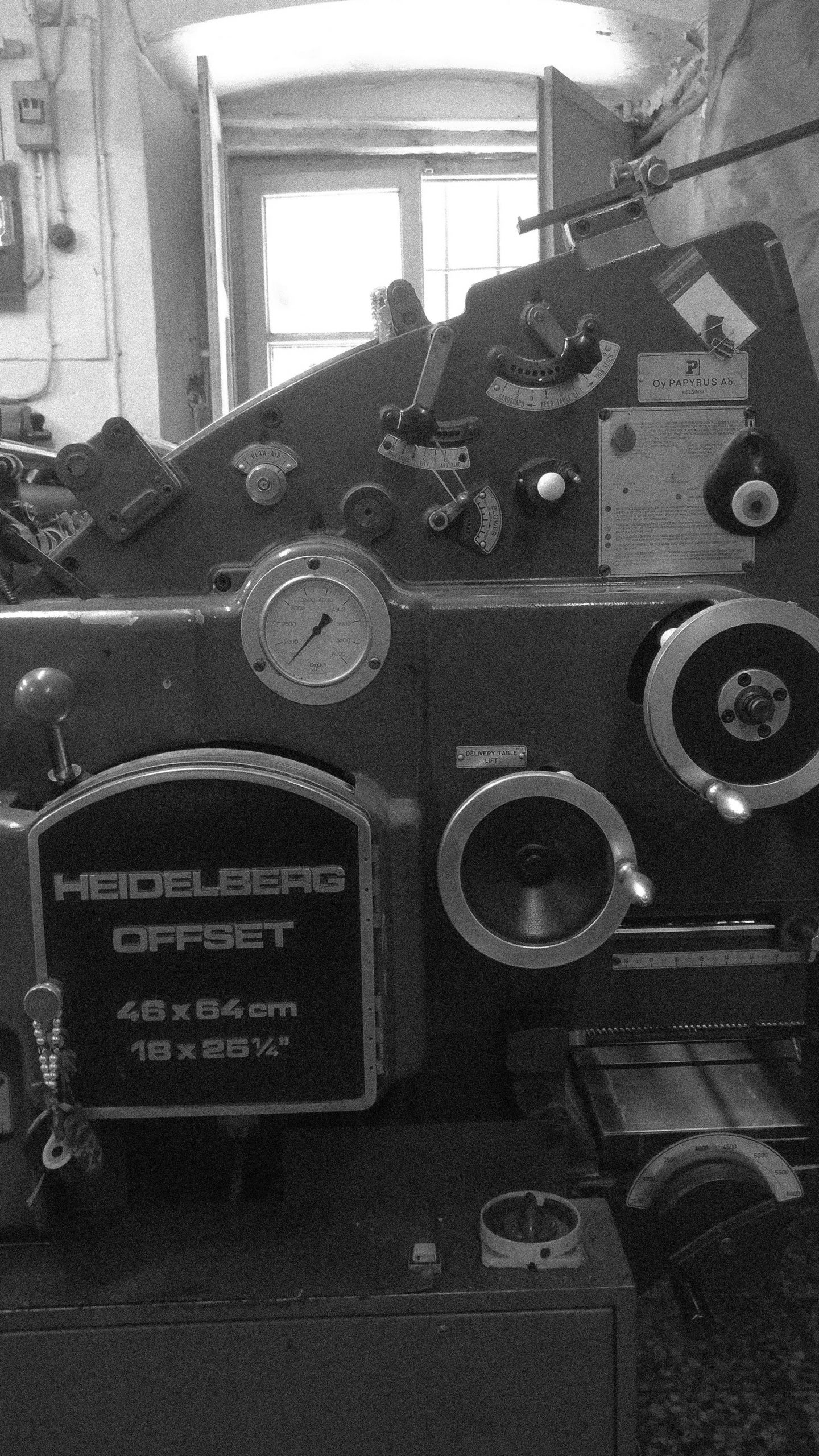
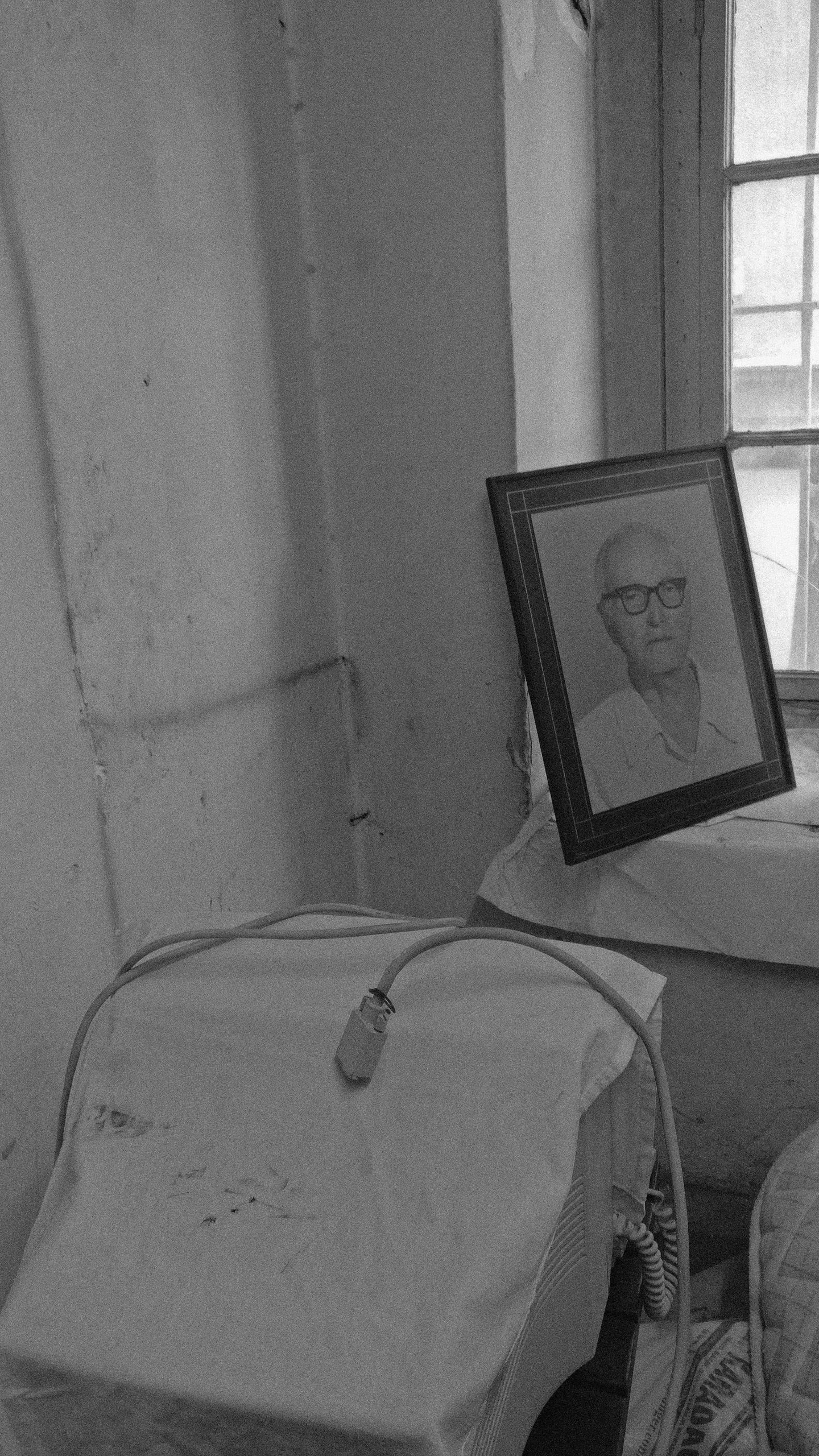
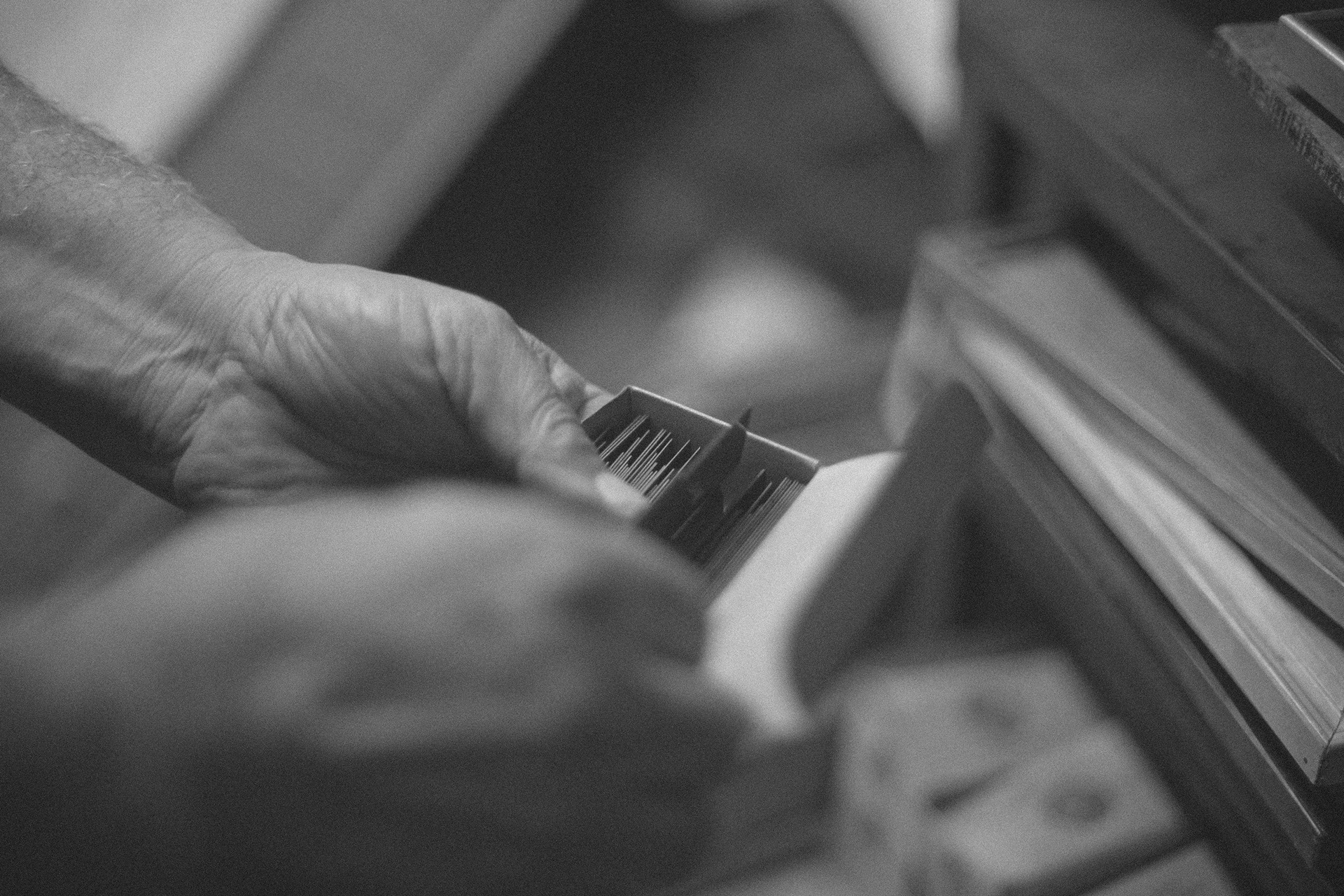
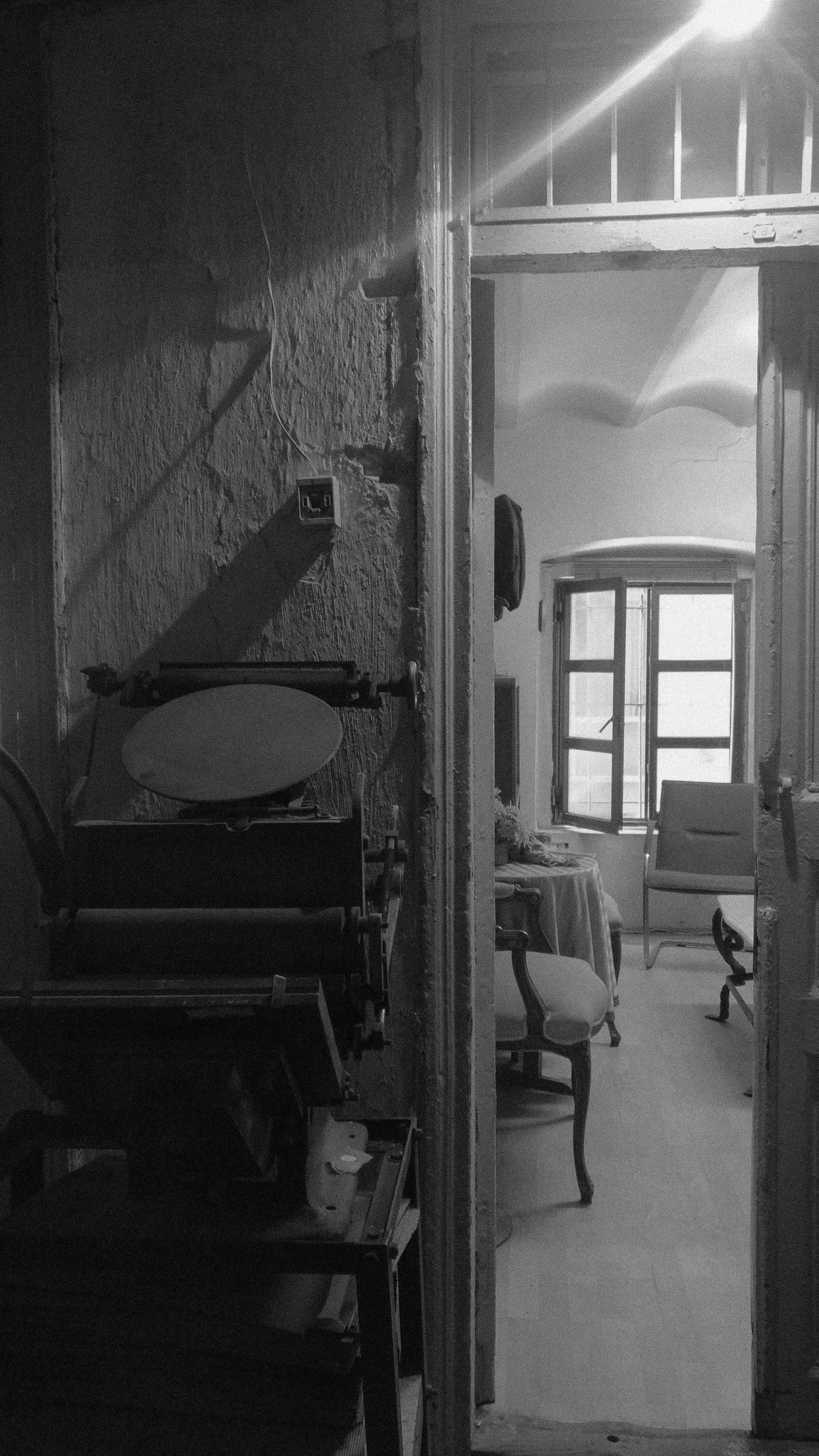
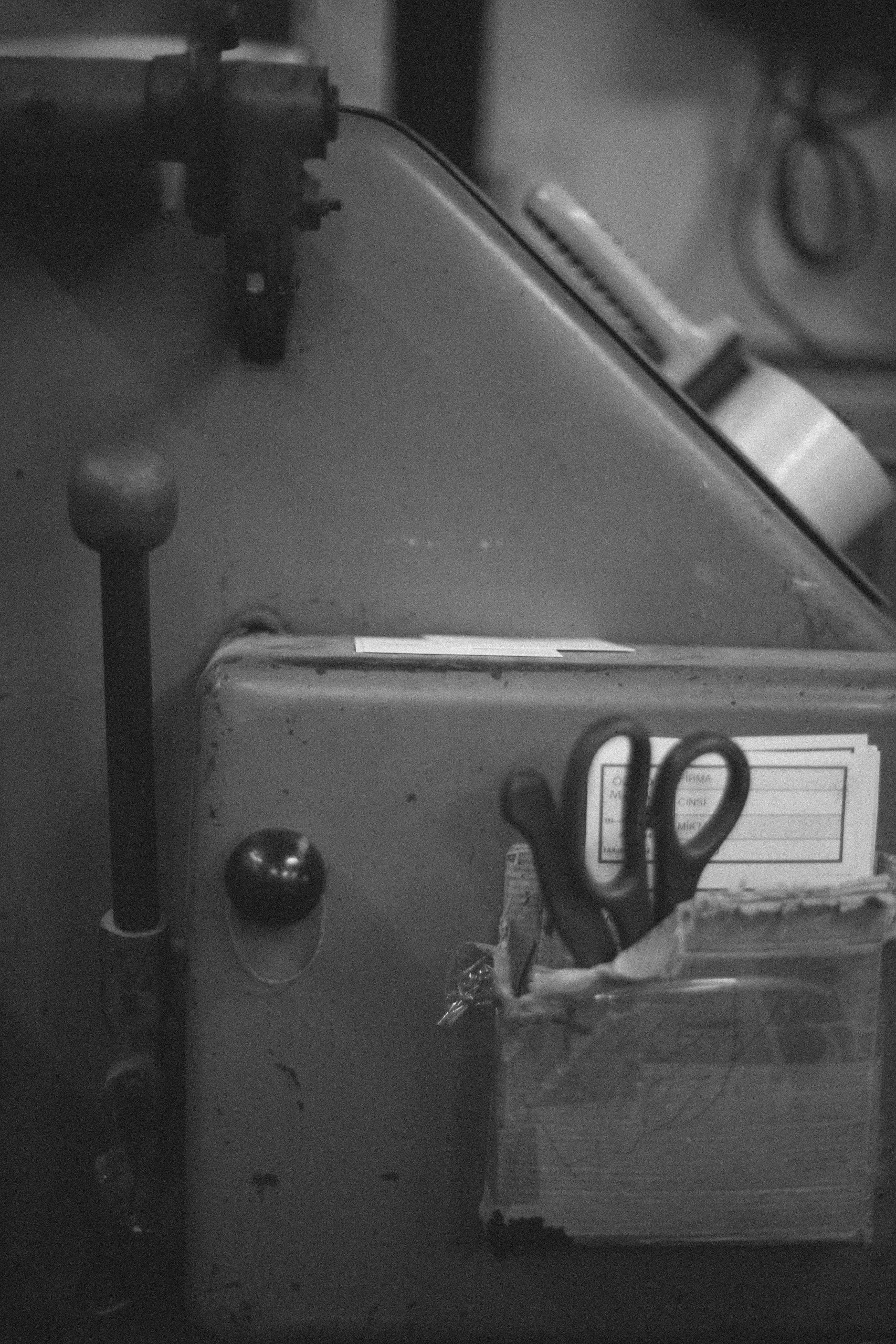
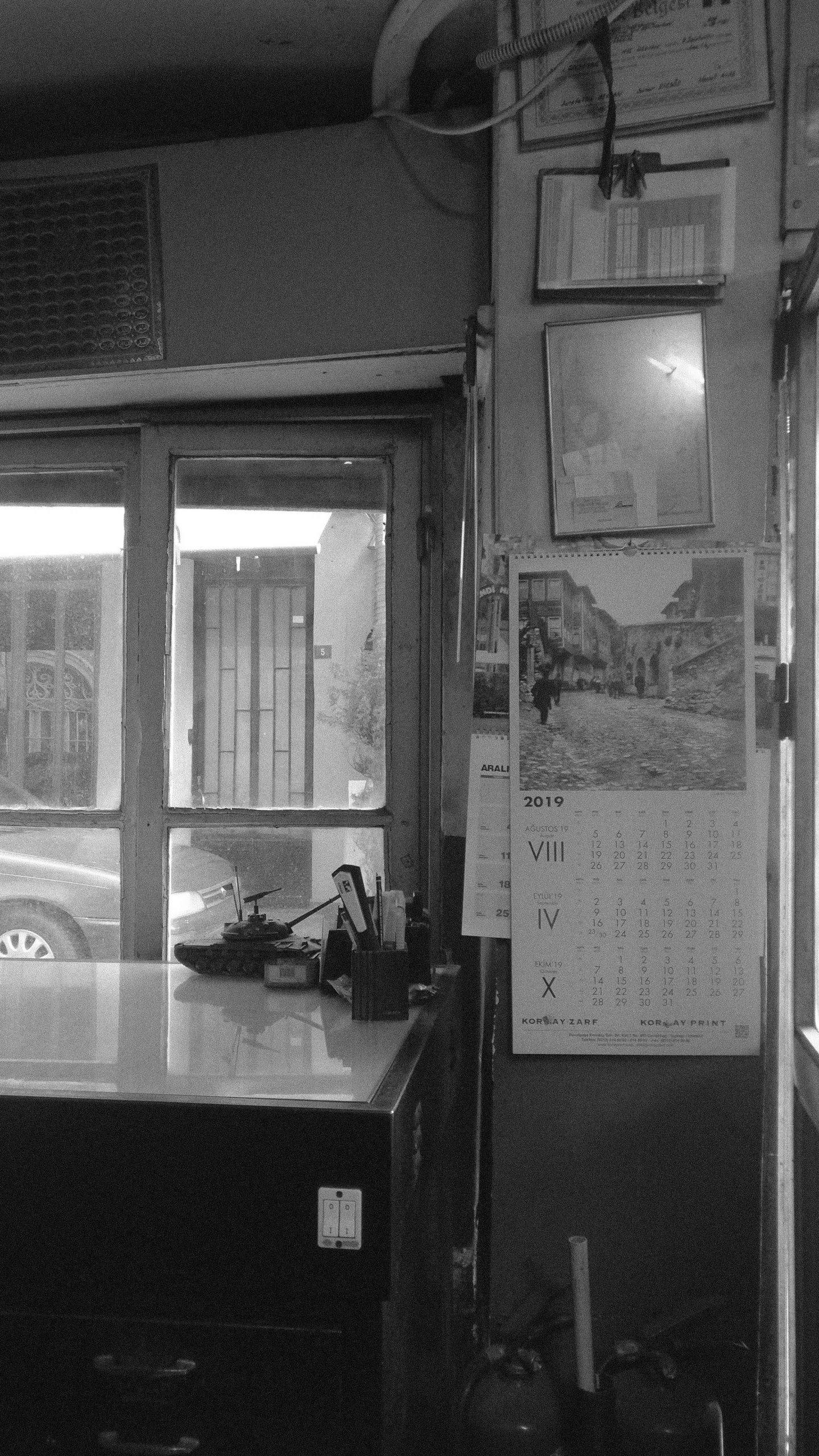
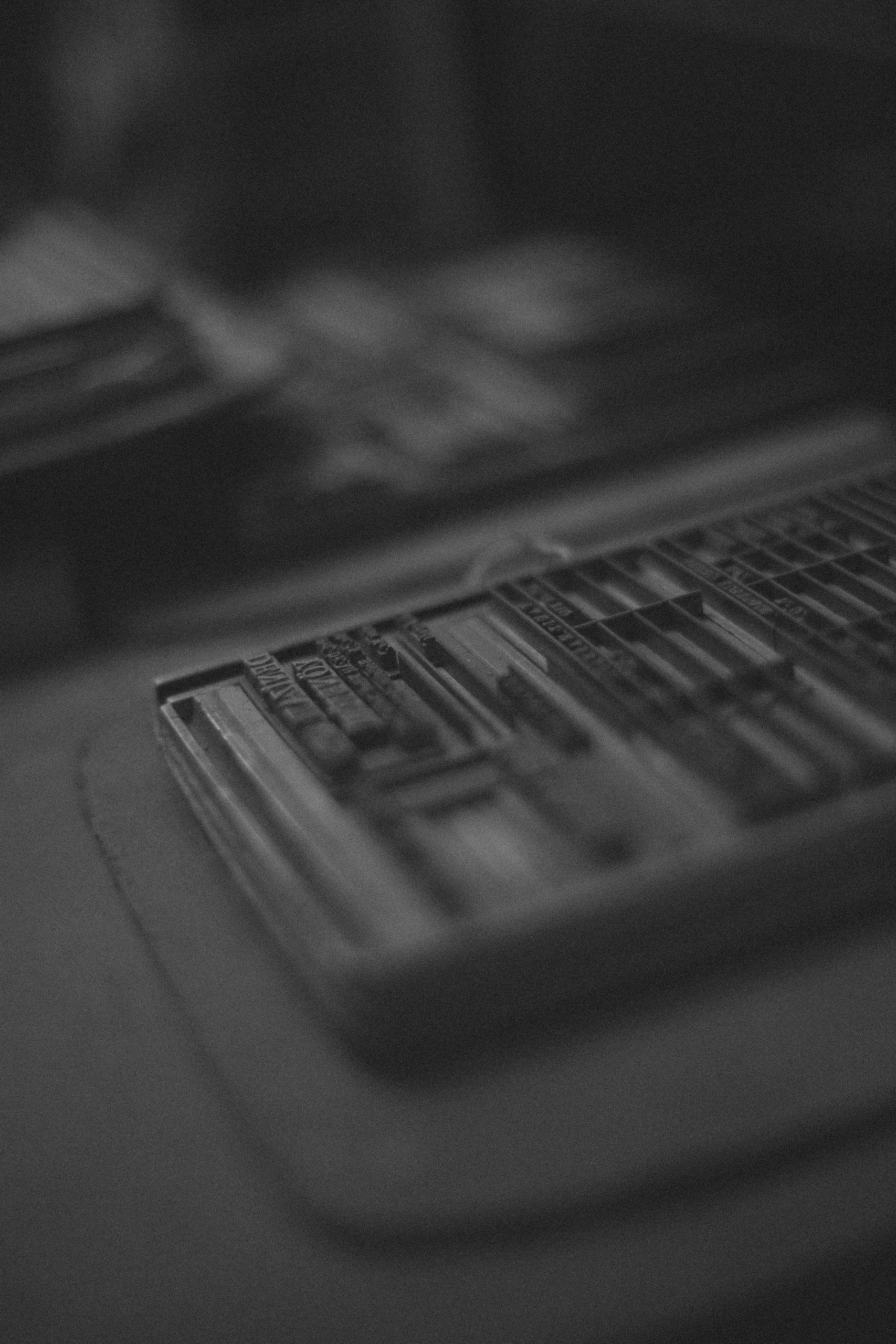
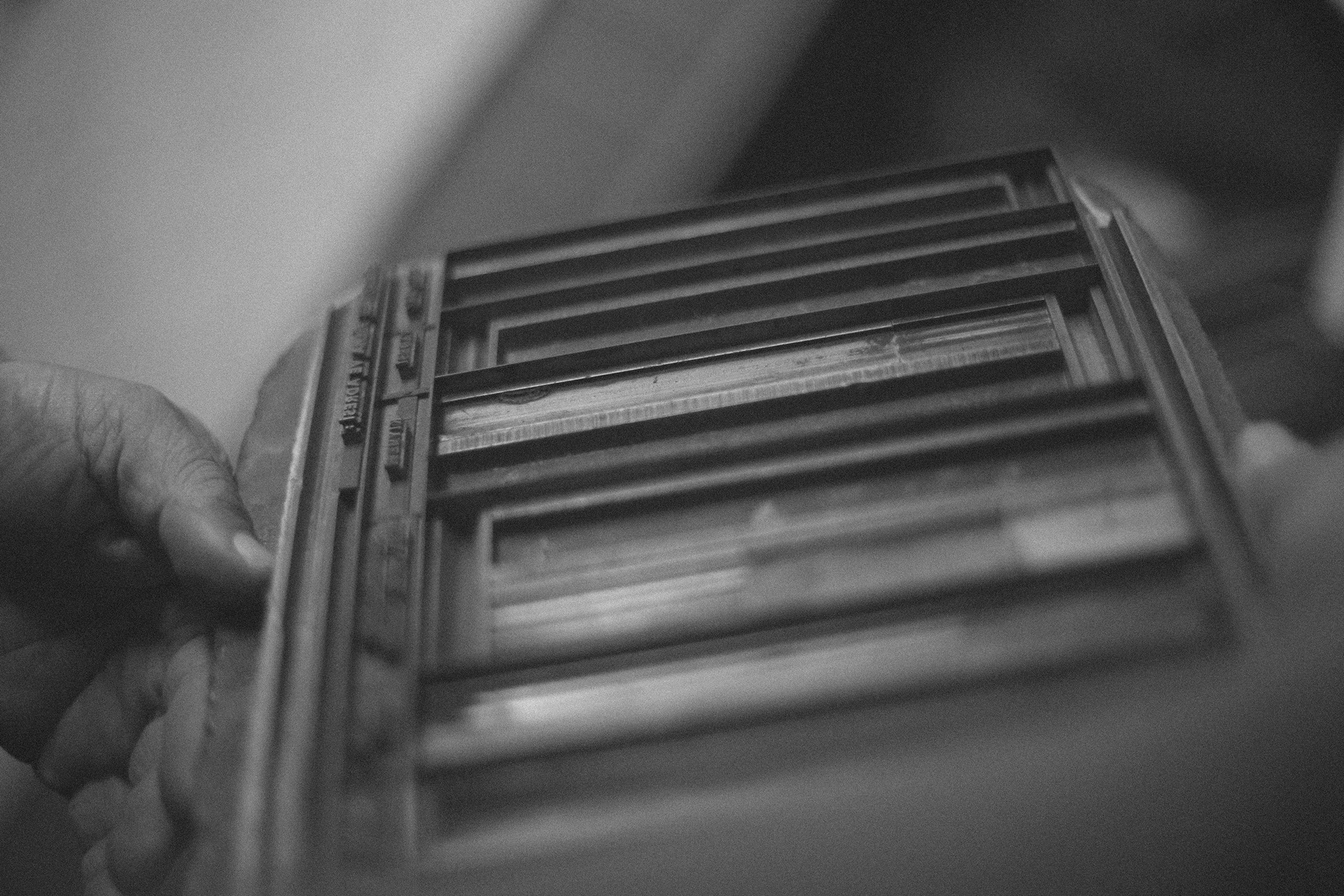
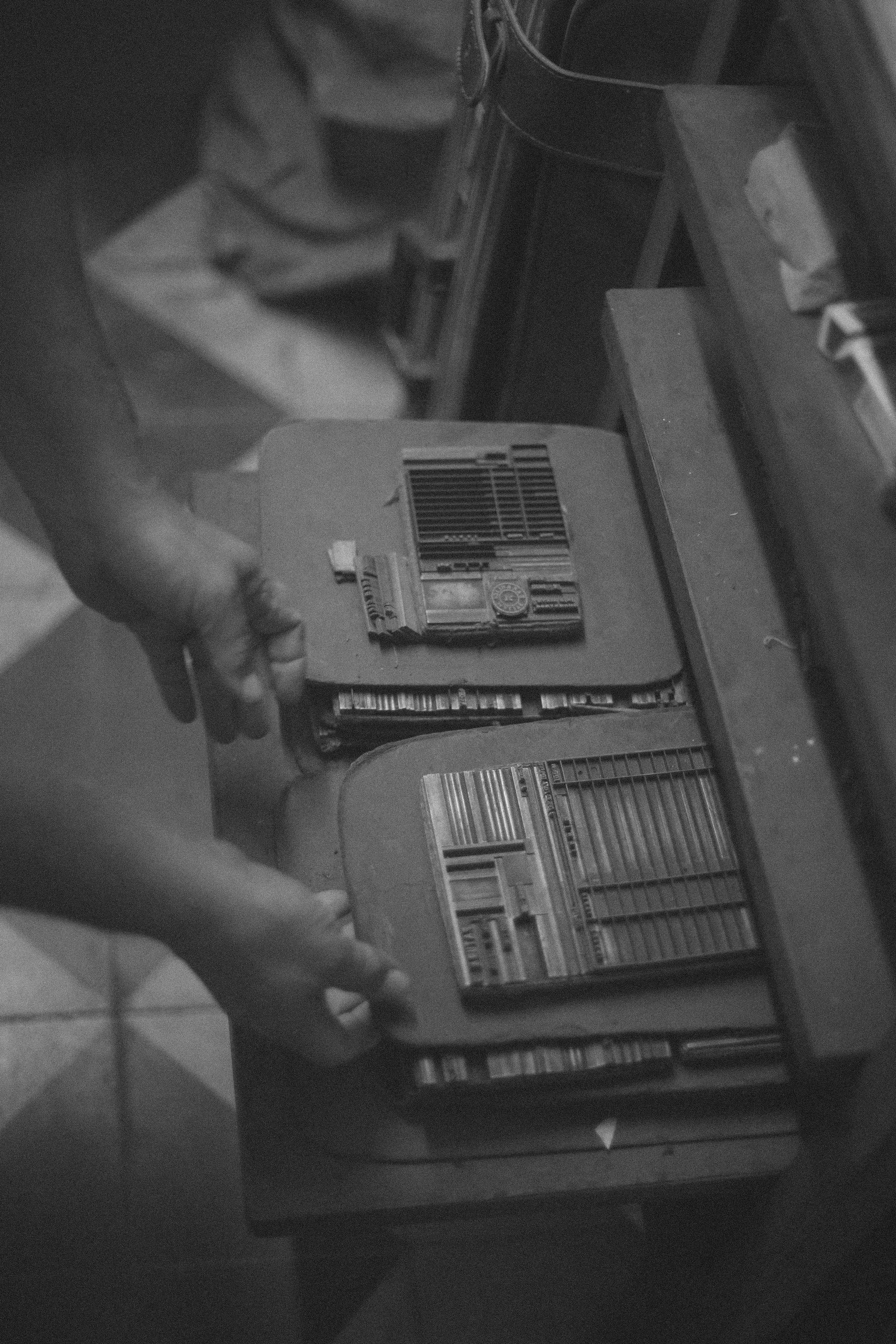
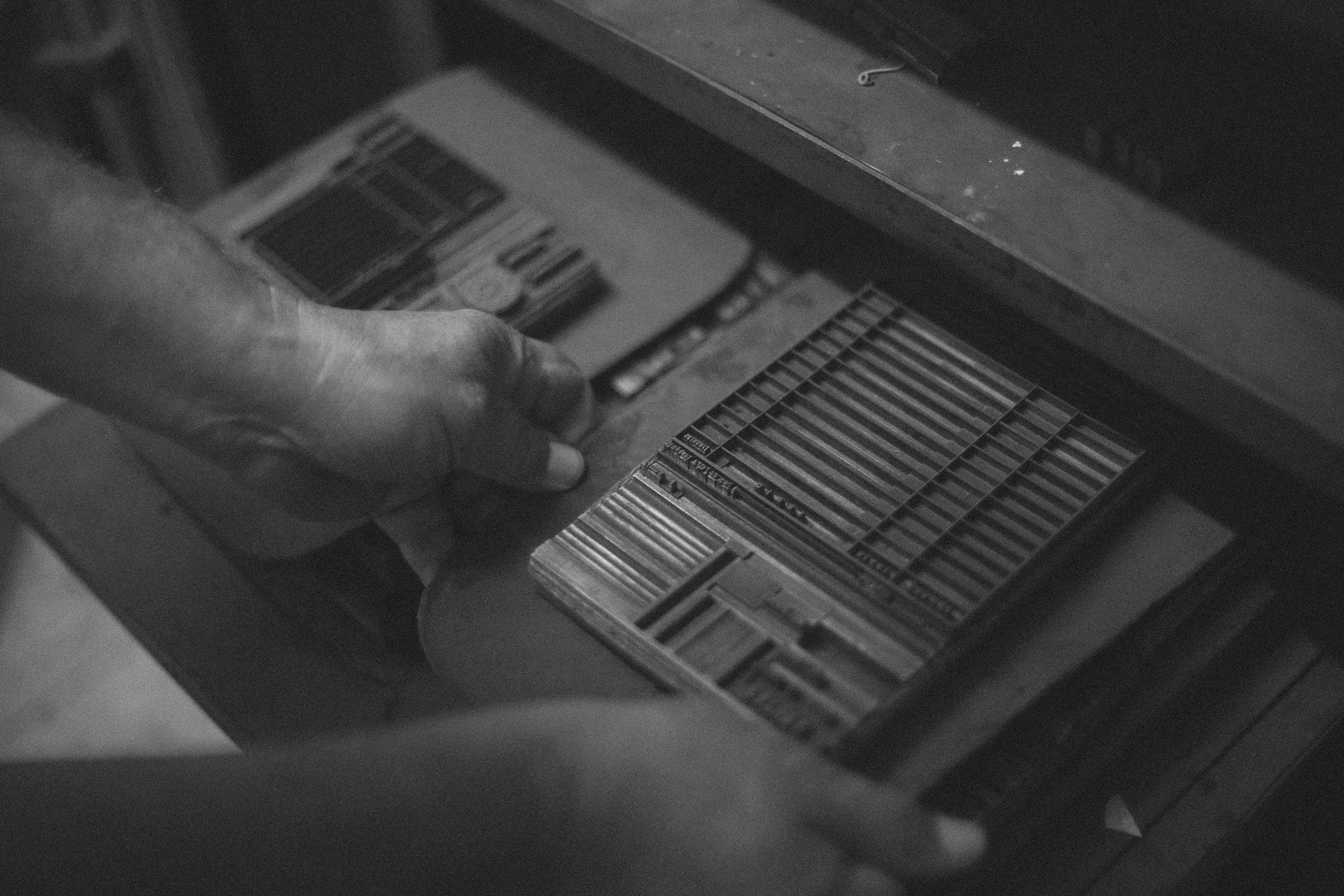
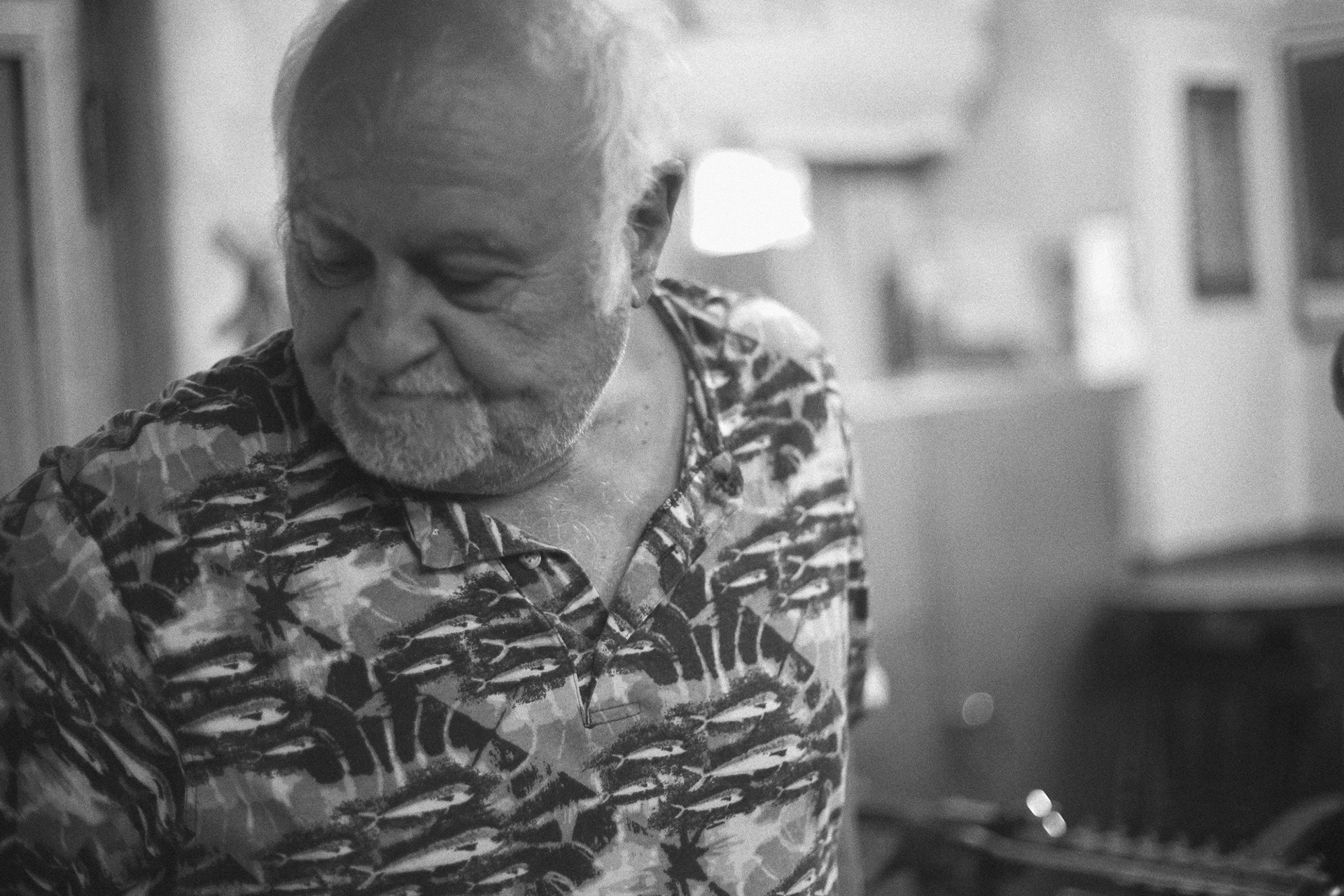
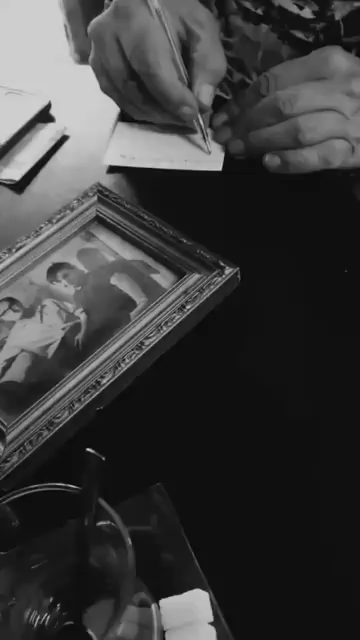
With a quiet spark in his eyes, he began guiding me through the shop. He showed me each machine, explained their purpose with care and even let me try some of them myself. He talked about his family, his deep love for Istanbul and the life this neighborhood once held.
After a long and warm conversation, he sat down, picked out a card and wrote me a beautiful message by hand — a small gift, but one that felt incredibly special. I left with that card, a few souvenirs and a bittersweet feeling in my heart — grateful for the warmth and stories I had been welcomed into, yet sad knowing I might never come back.